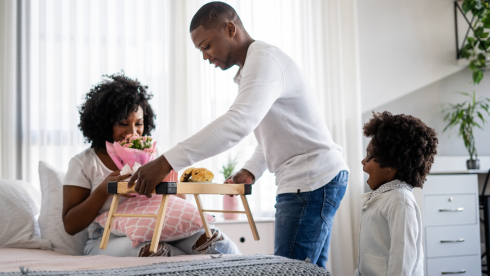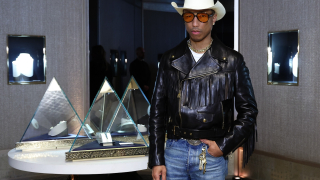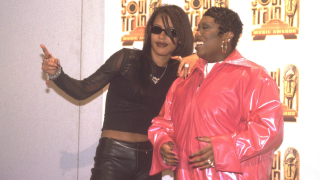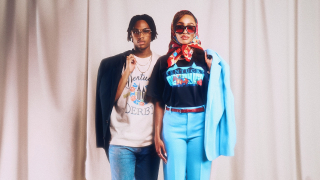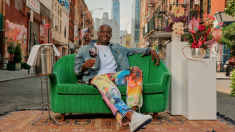There is a generation of Americans who have no idea how remarkable it is to have a president who can quote Jay Z lyrics and a first lady who can participate in a little carpool karaoke with Missy Elliott.
But it is obvious, as Barack Obama winds down his last term as president, that he and his family have occupied a unique space in pop culture—using canny appearances in viral videos, talk shows, reality TV, podcasts and films to shape their own images, push his administration’s policies, and transform the manner in which the leader of the free world is expected to speak to America.
We are a pop culture nation with a reality TV star who ran as the Republican nominee for president and won. The campaign was covered by a modern news media fueled by Facebook page views and viral videos.
So it only makes sense that some have called Obama our first pop culture president—a 55-year-old born just before the baby boomers began to develop our modern, youth-focused cultural sensibility. A child of the television era who came to power in the social media age, President Obama comes across less as a savvy manipulator of pop culture and more like someone who effortlessly embraces it.
Click Here to Find Out Where You Can Buy This Special Issue.
One minute he’s kicking back with Jerry Seinfeld in a 2015 episode of the web series Comedians in Cars Getting Coffee, during which Seinfeld dubbed him a “comedian president” for his skill with a punch line. The next, he’s dropping the mic at the 2016 White House Correspondents’ Dinner, capping his last side-splitting monologue with the smooth closing phrase “Obama out.”
When the president needed more young people to enroll in Obamacare, he visited comic and The Hangover co-star Zach Galifianakis on his web series Between Two Ferns with Zach Galifianakis and told the host, “If I ran (for president), it would be sort of like doing a third Hangover movie. Didn’t work out so well, did it?”

When he wanted to needle journalists at the 2015 White House Correspondents’ Dinner, the POTUS brought Keegan-Michael Key as his “anger translator,” Luther. Together, the two reprised a skit from the actor’s Comedy Central Key & Peele show that featured an animated, profane version of Obama saying what the real-life, buttoned-up POTUS could not.
(“We can count on Fox News to terrify old White people with some nonsense,” Key shouted, drawing laughs from the assembled journalists with a line that might have sounded more self-serving and crass coming from the president himself.)
In 2007, candidate Obama predicted in an interview that as president he might hold “21st century fireside chats where I’m speaking directly to the American people through video streams.” Few could predict that, years later, he’d be granting exclusive interviews to YouTube celebrities and streaming a video version of the president’s weekly radio address featuring the White American rapper Macklemore speaking on his personal struggle with opioid addiction.
These appearances often highlight Obama’s image as a cool, pop culture-savvy leader— America’s too-cool dad, in a way. He seems relatable and hip without looking awkward, crass or condescending.
Such moments also follow the mandates of the media, by reaching people where they live. Critics may grouse that these moments somehow demean or trivialize the office of the commander-in-chief, but today’s media consumers—especially young people—expect good content to find them as they cruise Twitter, Snapchat, Facebook or YouTube.
Eric Deggans is a TV critic for NPR and author of Race-Baiter: How the Media Wields Dangerous Words to Divide a Nation.
Read the full article in EBONY’s Special President Obama Commemorative Issue, on newsstands next week! Click here to subscribe
Download the EBONY App for your iPhone or your Android OS.





